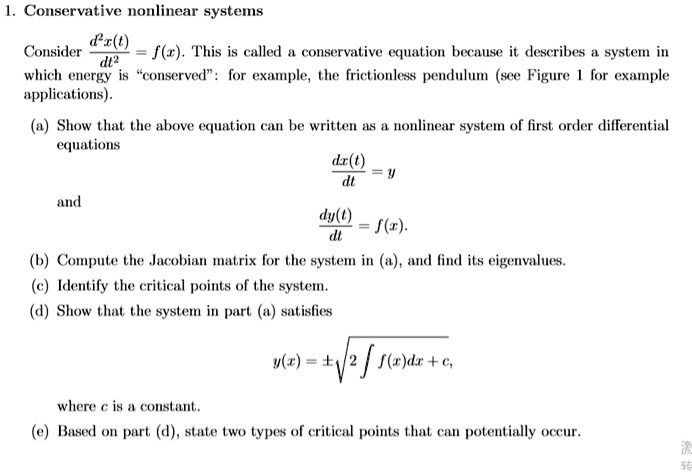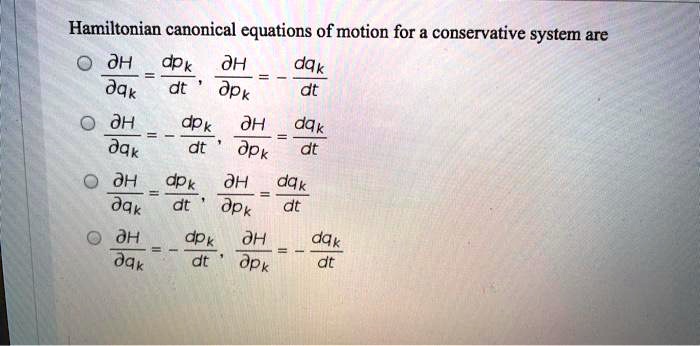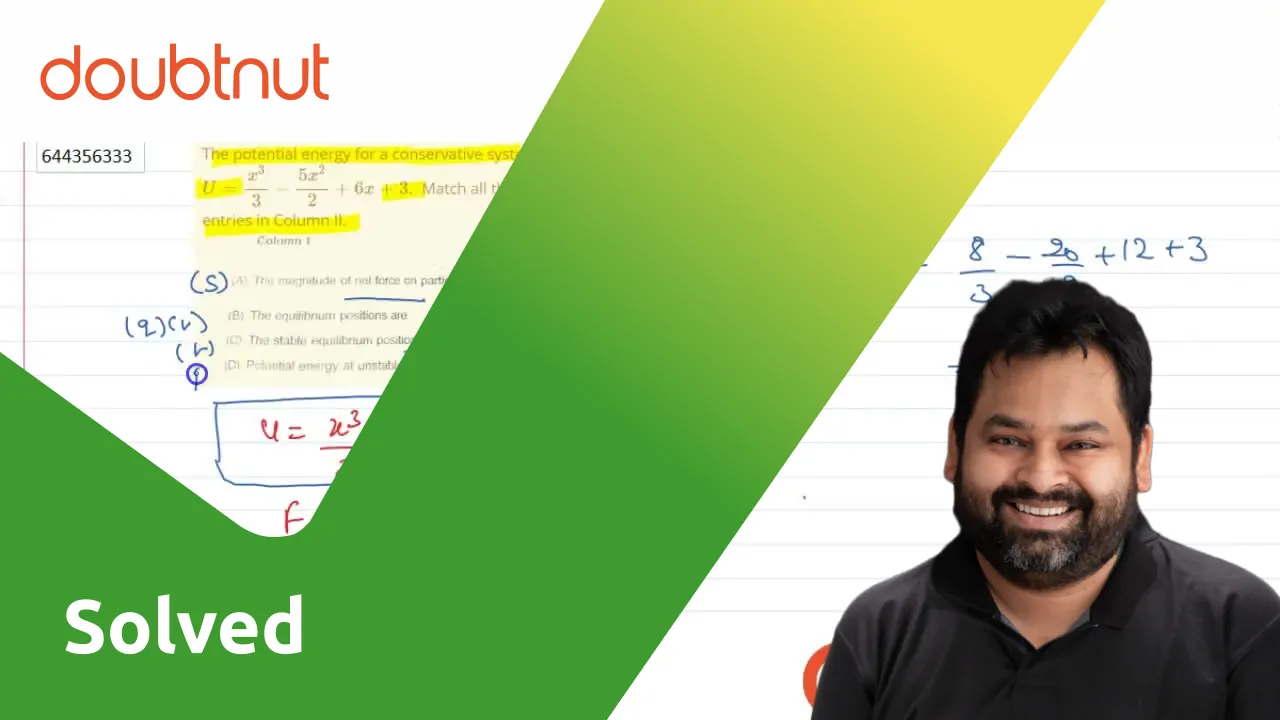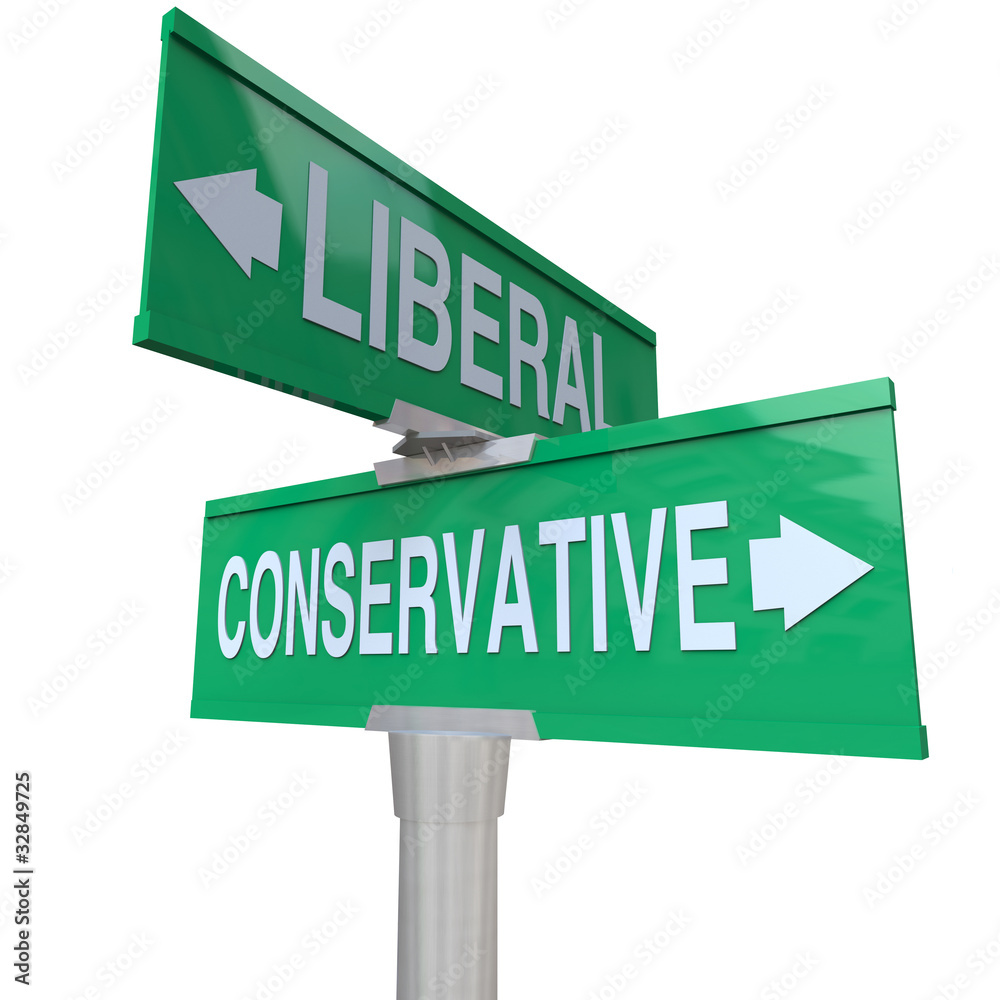
Conservative & Nonconservative Forces, Kinetic & Potential Energy, Mechanical Energy Conservation - YouTube

The flow in the equilibrium region for the conservative system has the... | Download Scientific Diagram

SOLVED: Conservative nonlinear systems Consider the equation f(t) = 0. This is called a conservative equation because it describes a system in which energy is conserved. For example, the frictionless pendulum (see

CSIR-UGC NET - General Lagrange's Equation and Lagrange's Equation for Conservative System Offered by Unacademy

Phy 211: General Physics I Chapter 8: Potential Energy & Conservation of Energy Lecture Notes. - ppt download

The flow in the equilibrium region for the conservative system has the... | Download Scientific Diagram
A transition tube in the conservative system obtained by the boundary... | Download Scientific Diagram
What is a conservative system (in a work energy chapter)? When is a force called conservative? - Quora

Amazon.fr - Stability of Discrete Non-conservative Systems - Lerbet, Jean, Challamel, Noel, Nicot, Francois, Darve, Felix - Livres













